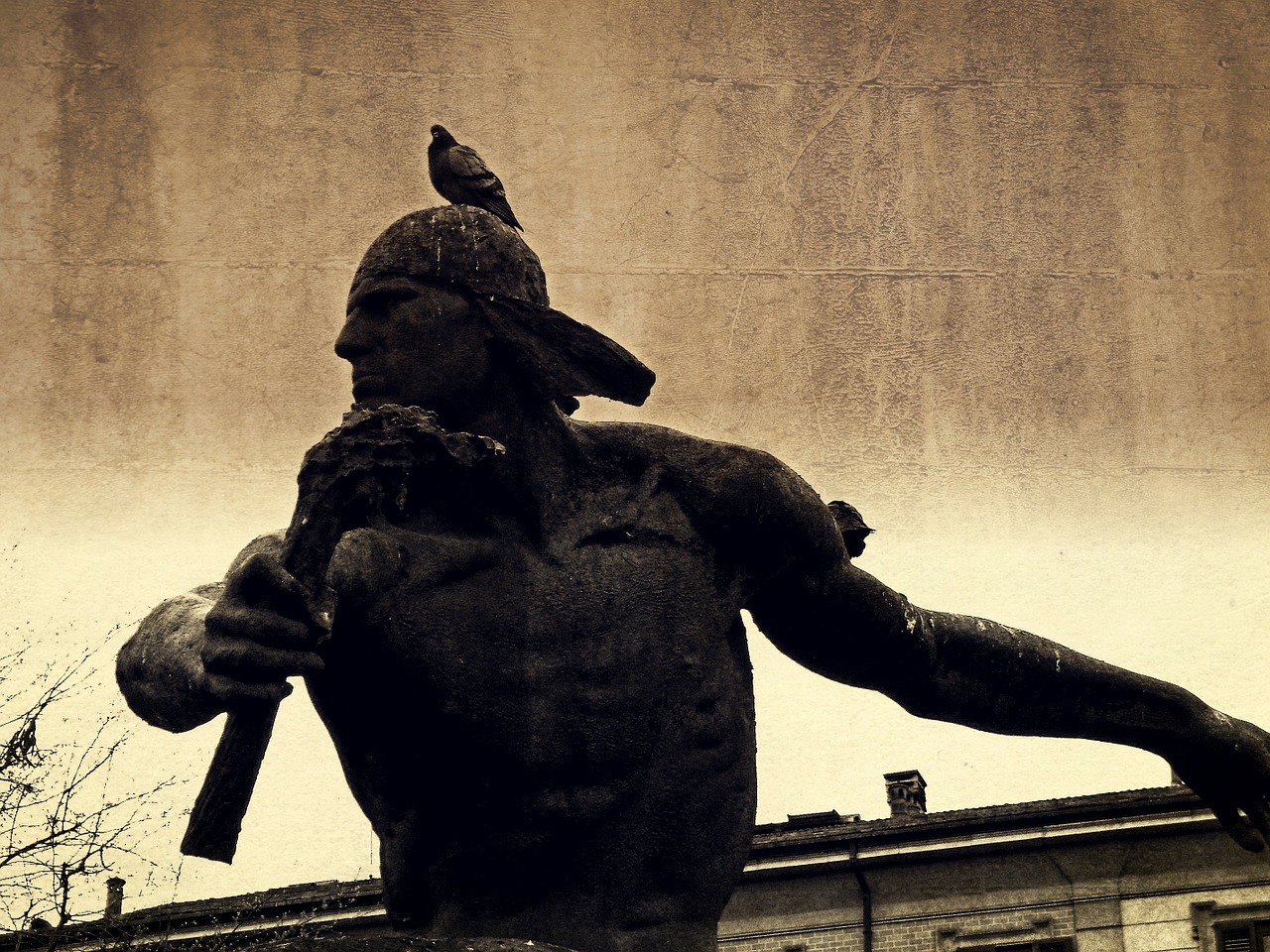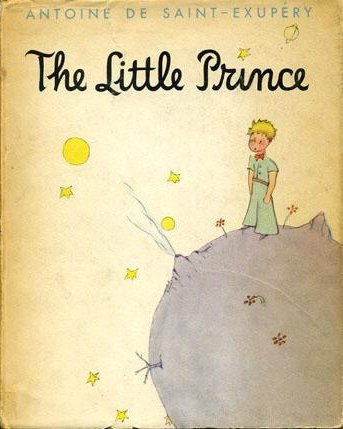Ulysses: The Mission to Return Home
Article By Sivan Barzilay
posted by Kurush Dordi, April 17, 2017
 Are you familiar with those moments when it seems that life is talking to you, sending you some message, a direction? In the beginning, it might not seem very clear but with some extra observation and deeper investigation you become able to view the connection.
Are you familiar with those moments when it seems that life is talking to you, sending you some message, a direction? In the beginning, it might not seem very clear but with some extra observation and deeper investigation you become able to view the connection.
And so, a few weeks ago, the name Ulysses came to my life. It landed on me with no prior announcement, as if it wanted to tell me something, give me some message. I was not aware of this name before, but could guess that it was from Roman or Greek mythology. Indeed, based on some short investigation, I learnt that it is the Roman name of the Greek hero Odysseus, the main character of the famous Odyssey.
Most importantly, the story of Ulysses describes the voyage of returning home. In his story, the journey back home is accompanied by many difficulties, dangers. It is not a simple path.
Why did this story come to me all of a sudden? Am I also in a similar process of returning home? And how should I understand it better? My questions about home have arisen quite often in the last few years. I was born in Israel and have always felt very connected to it and to my family. But at some point in my life I had to leave it in order to fulfill a greater dream, more Human. Anyone that has had to leave his homeland, his country, knows that it is not a simple thing to do. Today, after 10 years I feel much more at ease with my new location, but I know that the search for home is not yet complete. It is much greater and more profound than only a geographic location. Home is a place within us, beyond space and time, and Ulysses is here to help me reflect on it and remember.
The Beginning of the Voyage
Ulysses, or his better known Greek counterpart, Odysseus, was the king of a very special island named Ithaca. Ithaca was known to be prosperous under his rule and his wife- Penelope, had given birth to a baby boy; it seemed as if his life was peaceful and good. Hence when the kings of the Greek city-states arrived to Ithaca to request Ulysses to join them in the war against Troy, he did not easily agree and tried deceiving them by playing mad… he walked on the beach dressed only in his underwear, drawing a plough, sowing seeds of salt in the sand. The deception didn’t hold for long. Left with no choice, he had to join them. Within a few days, he left Ithaca to begin his journey to Troy.
This is not the only story that starts with the mention of a hero who tries to run away from his destiny…it is very clear that any change we seek in our life requires that we step out of the known comfort zone. At first, we don’t want to do it. We find reasons to avoid movement, to avoid the effort. We know that it is needed for our growth but our mind plays tricks on us. We try to deceive life, to silence this voice inside of us that wants to be courageous and adventurous, by giving all kinds of excuses and justifications, sometimes as ridiculous as sowing salt in the sand; yet we believe in it. It might work for a short while but eventually in some way or another, life will make us move.
Plato, in his allegory of the cave, describes us: chained from the moment we are born, unable to move our legs, hands, or neck, so that we are always looking at the same things in the same way. There is a beautiful quote by Einstein that says, “If you always do what you always did, you will always get what you always got.” So when life calls you, you need to move. Any resistance will just cause suffering and, as in Plato’s allegory, when you start to move, you will see that all these “chains” are easy to break.
Going back to our story, the war against Troy lasted ten years. And Ulysses plays a very important role. He was the one who came up with the idea of the famous Trojan Horse. Being convinced that it is a gift from the Gods, the Trojans agreed to allow the huge crafted horse to enter through the armored gates of the city without knowing that inside were hidden dozens of soldiers. In this intelligent way, the kings were able, at last, to conquer Troy.
After 10 years finally Ulysses would return to his beloved homeland and to his people. It seems that the story has reached its happy end; tragically, however, the story only just begins. His voyage home takes another 10 years and is known in the famous Iliad as “Nostos”, which means “the long journey home”.
To Ithaca – The Journey
In his journey, Ulysses travels by sea, visiting many islands and goes through many challenges. He fights against monsters, stands against temptations, takes difficult decisions…but most importantly, along the journey he never forgets his home – Ithaca, the goal of the mythical adventure.
Stories and Poems have been written about Ithaca, the legendary place which symbolizes one’s life goal; the place that we yearn to reach, the climax of our dreams, the meaning of our life. It is the place that is familiar to our heart. Some traditions might call it heaven, describing us as the fallen angels. Other traditions call it the place of light, where you can see beyond all illusions. We might call it home, a kind of compass that always shows us the right direction in life.
One might want to read more about this place. Interestingly, the goal itself is never described in length; the emphasis is on the journey itself.
In one famous poem, written by Constantine P. Cavafy (1911), he says:
“When you set out for Ithaka
ask that your way be long,
full of adventure, full of instruction.
The Laistrygonians and the Cyclops,
angry Poseidon – do not fear them:
such as these you will never find
as long as your thought is lofty, as long as a rare
emotion touch your spirit and your body.
The Laistrygonians and the Cyclops,
angry Poseidon – you will not meet them
unless you carry them in your soul,
unless your soul raise them up before you.” [1]
If you notice, the poem starts with the word “when”. Maybe it is just a matter of time before we all set out on this journey. But when you do decide to embark, ask for it to be long and full of adventure. Don’t search for the short cuts and the easy ways out. Instead give yourself fully to the journey and know that all the challenges that you will meet on your way are just reflections of what you have inside of you. Welcome them since they will reveal to you the greatest enigma of all, the enigma of yourself.
Observe your envy in order to let go of it, your anger in order to control it, your lack of discipline in order to develop one, your tendency to separate yourself from others in order to develop fraternity and your need to be loved in order to learn to love unconditionally…the journey back home is but a mirror of fire; an invitation to “know thyself” as was inscribed on the facade of the temple at Delphi.
All the secrets are inside of us and thus the journey home is never outside. It doesn’t matter if we are in our homeland or not, if we are in a big house or in a tent. The real home lies within us and it is related to our ability to reflect and develop our inner life. To be Human is to be rich, not with possessions but with Human Virtues and capabilities. When our inner home is full of light, when our windows and doors are always open and fresh air and love reside inside, we are becoming rich.
The poem ends with:
“Better it last for years,
so that when you reach the island you are old,
rich with all you have gained on the way,
not expecting Ithaka to give you wealth.
Ithaka gave you a splendid journey.
Without her you would not have set out.
She hasn’t anything else to give you.” [1]
How Should We Prepare for the Journey?
A child like curiosity, an uncorrupted spirit that refuses to withdraw when it experiences a challenge, a great intelligence to always find ways to advance forward, a yearning heart longing for the familiar home which was lost, a humorous attitude and courageous mind.
The story of Ulysses is a great allegory of man’s life-journey. To be the hero of our life, to search and seek wisdom and truth, even in times of great winds which push us away from the shore. To always be on the path as much as we can, with dedication and seriousness. To keep walking home…
Thank you Ulysses for the inspiration.
Image Credits: By 851878 | Pixabay | CC BY PD
Related posts:
Image References
By 851878 | Pixabay | CC BY PD
Permissions required for the publishing of this article have been obtained
Article References
1. Cavafy, Constantine P. Ithaca. < https://www.poemhunter.com/poem/ithaca/>




Sivan – Just loved it. As inspiring as always and reminded of lot of fundamentals. This rekindles the journey that we are set on.